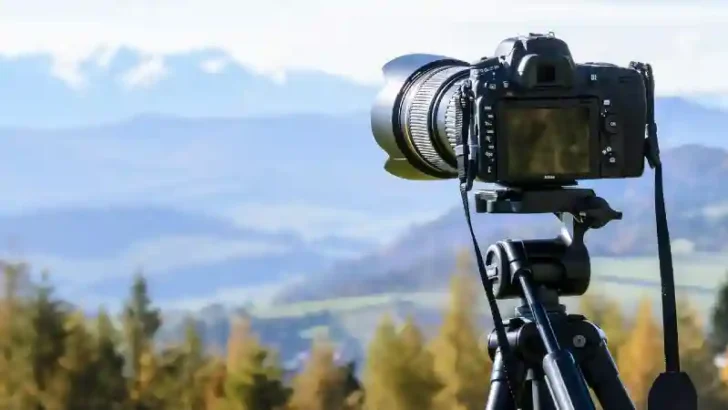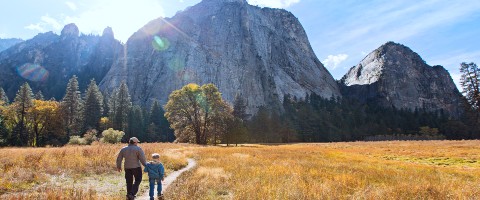Disclosure: This post may contain affiliate links, meaning we get a commission if you decide to make a purchase through our links, at no cost to you. Please read our disclosure for more info.
Travel photography is all about telling a story through images. It’s about freezing moments in time and sharing your unique experiences with the world. But how can you ensure that your travel photographs truly reflect the beauty of the places you visit? Whether you’re a beginner or a seasoned photographer, these travel photography tips will help you capture breathtaking images while preserving the memories of your adventures.
In This Post:
- Exploring Picture-Perfect Destinations
- Choosing the Right Equipment
- Understanding Lighting Techniques
- Mastering Composition and Framing
- Capturing Local Culture and People
- Utilizing Reflections and Water Elements
- Creating a Sense of Scale
- Highlighting Architecture and Landmarks
- Golden Hour Magic
- Editing and Post-Processing
- Preserving and Sharing Your Work
- Staying Ethical and Respectful
- FAQs
- What Camera Is Best for Travel Photography?
- How Do I Approach Photographing Strangers?
- What Is the Golden Hour?
- Should I Use Filters While Shooting Landscapes?
- How Do I Improve My Editing Skills?
- Is Travel Photography a Good Career?
- What Is the Goal of a Travel Photographer?
- Is It Hard to Be a Travel Photographer?
- What Is the Goal of a Travel Photographer?
- Conclusion
Exploring Picture-Perfect Destinations
The foundation of exceptional travel photography is choosing the right locations. Prior to your trip, conduct thorough research to identify iconic landmarks, hidden treasures, and local gems that align with your photographic vision. Expedia does a great job of categorizing destinations based on your expectations.
Choosing the Right Equipment
Selecting the appropriate gear for travel photography is crucial. A versatile camera with interchangeable lenses will give you the flexibility to adapt to different shooting situations. A lightweight tripod, remote shutter release, and a variety of lenses should be part of your gear arsenal.
Understanding Lighting Techniques
Lighting can make or break a photograph. Master the art of using natural light to your advantage. Golden hours, just after sunrise and before sunset, provide soft and warm light that enhances your subjects. Overcast days can create a diffused light, perfect for minimizing harsh shadows.
Mastering Composition and Framing
The rule of thirds is a fundamental principle of composition. Imagine your frame divided into nine equal segments by two vertical and two horizontal lines. Place key elements along these lines or their intersections to create a balanced and visually appealing composition.
Capturing Local Culture and People
Travel photography isn’t just about landscapes; it’s also about the people and their stories. Always ask for permission before photographing locals. Engage with them, learn about their lives, and capture candid moments that reflect their culture.
Utilizing Reflections and Water Elements
Bodies of water provide captivating reflective surfaces. Capture stunning mirror-like reflections by positioning your subject near the water’s edge during calm weather conditions.
Creating a Sense of Scale
Highlight the grandeur of architectural wonders or expansive landscapes by incorporating elements of human scale. Including a person in the frame can provide perspective and emphasize the vastness of the scene.
Highlighting Architecture and Landmarks
Architectural marvels and iconic landmarks offer unique photo opportunities. Experiment with different angles to capture their beauty and capture intricate details that define their character.
Golden Hour Magic
Harness the enchantment of the golden hours – the period shortly after sunrise and before sunset. The soft, warm light during these times enhances colors and textures, creating a magical ambiance in your shots. Embrace this natural light to add depth and vibrancy to your travel photographs.
Editing and Post-Processing
Editing is where your photos truly come to life. Use software like Adobe Lightroom to enhance colors, adjust exposure, and fine-tune details. But remember, less is more – maintain the authenticity of your images.
Preserving and Sharing Your Work
Back up your photos regularly to ensure you don’t lose your precious memories. Social media platforms and photography websites are great avenues to share your work and connect with fellow photographers.
Staying Ethical and Respectful
Respect the local customs, traditions, and privacy of the people you photograph. Avoid exploiting vulnerable situations and seek to leave a positive impact on the places you visit.
Click here for the our List of gifts for your Traveler Friend
FAQs
What Camera Is Best for Travel Photography?
The best camera is one that suits your needs and budget. Mirrorless and DSLR cameras with interchangeable lenses offer great versatility.
How Do I Approach Photographing Strangers?
Always ask for permission and engage with them first. Respect their wishes if they decline.
What Is the Golden Hour?
The golden hour refers to the period just after sunrise and before sunset, when the light is soft and warm.
Should I Use Filters While Shooting Landscapes?
Graduated neutral density filters can help balance exposure between the sky and the ground in landscapes.
How Do I Improve My Editing Skills?
Practice and experimentation are key. There are many online tutorials to help you learn editing techniques. Here’s one from Udemy that we recommend.
Is Travel Photography a Good Career?
Travel photography can be a good career, but it is important to be realistic about your expectations. It is not a get-rich-quick scheme, and it can take years to build a successful career. However, if you are able to make a name for yourself, you can earn a good living as a travel photographer.
What Is the Goal of a Travel Photographer?
The goal of a travel photographer is to capture the beauty and wonder of the world through their photographs. They want to share their experiences with others and inspire them to travel. Travel photographers also want to document cultures and landscapes that may be disappearing.
Is It Hard to Be a Travel Photographer?
Being a travel photographer can be challenging. It requires a lot of skills and hard work, including excellent photography skills, strong planning and organizational skills, the ability to work independently and as part of a team, the ability to deal with challenging conditions, and the ability to market and promote your work.
In addition, travel photography is a competitive field, so it can be difficult to make a living as a full-time travel photographer. However, if you are passionate about photography and travel, and you are willing to put in the hard work, it can be a very rewarding career.
What Is the Goal of a Travel Photographer?
The goal of a travel photographer is to capture the beauty and wonder of the world through their photographs. They want to share their experiences with others and inspire them to travel. Travel photographers also want to document cultures and landscapes that may be disappearing.
Conclusion
Travel photography is an incredible way to document your adventures and share them with the world. By mastering the art of lighting, composition, and storytelling, you can capture moments that transcend time and transport viewers to the places you’ve explored.




-(International)-64GB-SD-_.jpg)